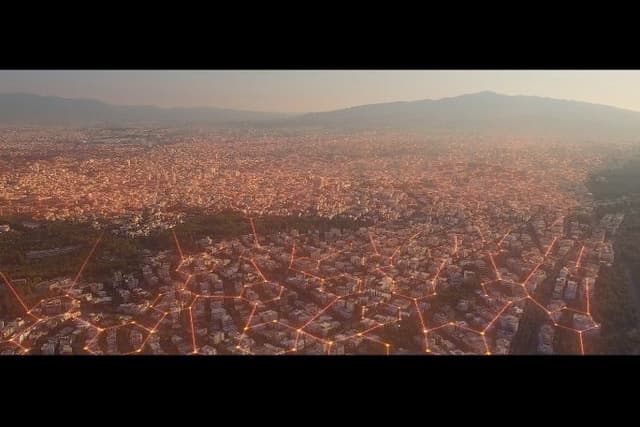
2040 - Finding Out About 2040
Lesson3 of 4 in this unit
PrimaryYear 5 - 6EnglishThe ArtsTechnologyDesign and TechnologiesEnvironmentalClimate ChangeSustainability
Summary
Lesson Guides and Printables
Lesson Plan

Student Worksheet

Teacher Content Info
